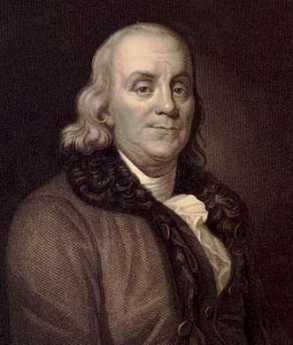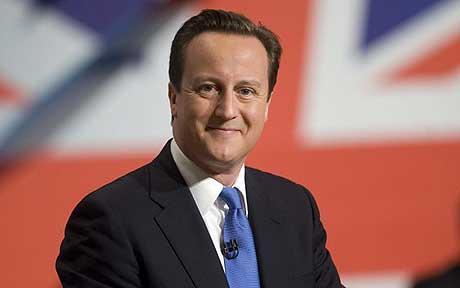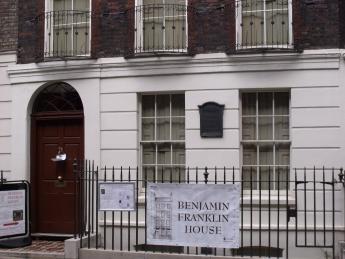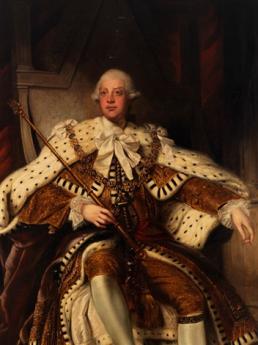Related Topics
Benjamin Franklin
A collection of Benjamin Franklin tidbits that relate Philadelphia's revolutionary prelate to his moving around the city, the colonies, and the world.

Right Angle Club: 2016
In progress.
Right Angle Club 2017
Dick Palmer and Bill Dorsey died this year. We will miss them.
Ben Franklin and Brexit

|
| Minister David Cameron |
In June 2016, Great Britain voted by a million plurality, to withdraw from the European Union. The plebiscite was not binding on Parliament, but Prime Minister David Cameron promptly resigned, and there remains little discussion of anything but going ahead with "Brexit". It will take at least two years to accomplish the matter, and there remains great uncertainty about the terms of separation. The British stock market took a sharp dip. Stock markets always hate uncertainty, and from the start, there was little doubt Britain would experience some economic hardship, but still they went ahead with it.

|
| Archbishop of Canterbury |
By the greatest stroke of good luck, I happened to be in London for this event. It had been barely noted in the Americana press before I left, and indeed a discussion group hadn't even put it on the agenda after my return. But let me tell you, the British public was talking about nothing else. From the lowest barmaid in a pub to the Archbishop of Canterbury, there was only one topic of conversation and a very real understanding that Britain might well vote to leave the EU. Once the vote had been taken, of course, even the American public appreciated its significance and its resemblance to the headlong tumult in our own political parties. Donald Trump might well win the election, and logic or rhetoric had little to do with it. Other countries, Scotland in particular, were teetering in the same direction of demonstrating how far a democracy was from a republic when each "leader" had a million constituents. And how well the public appreciated the tendency of elected representatives to forget who elected them. Or else, in more rational moments, to appreciate how difficult it is for elected representatives to communicate with constituents.

|
| Ben Franklin London Townhome |
To go on with this insight for a moment, my Washington daughter tells me Democrat congressmen are required to spend thirty-six hours every week in a call center, soliciting campaign funds; where do they find time to legislate? But the central background reflection I happened to have about Brexit was how enduring the political split apparently was between the Whigs and the Tories. This thought came to me from one of the real reasons I was in London, to visit Ben Franklin's imposing rowhouse on Craven Street, fifty feet from the National Museum on Piccadilly. Franklin lived there for most of eighteen years, in a style quite different from the two-penny loaf of bread in Philadelphia. He was personal friends with five kings, Voltaire, Mozart, and Beethoven, as well as Priestly, Lavoisier, and Hume. Townsend may indeed have passed the Stamp Act, but he invited Franklin to spend the weekend at his hundred-room castle. The neighbors on Craven Street easily recognized the carriage of the Prime Minister when he came to call on Franklin on Craven Street. From the point of view of this social set, the uproar over the colonies was whether England should conquer them and send their raw materials to British factories (the Tory view), or should instead colonize them with Brits, give them the vote, and rule the world as a commonwealth (the Whig view). Naturally, Franklin supported the Whigs, but his loyalty to his good friend George III never wavered until 1775. And then, lightning struck St. Paul's Cathedral.

|
| King George III |
Quite logically, the King asked Franklin's advice. The King, however, insisted on a brass ball on the top of the church. Franklin resisted, saying a spire was much more effective. We don't have the exact words exchanged, but essentially the King said he was going to have his way, while Franklin in effect asked him who he thought he was talking to. In those days, far less direct wording was needed to give offense on such a central issue of the king having the last word whenever he wanted. It is intimated the King suggested to Wedderburn he should take care of the issue for him, and within a few weeks, Franklin was subjected to public humiliation in the cockpit at Whitehall, threatened with arrest, and fled to America to start the war. I had never heard this story, before.
The point leaves me with is not that Franklin lost his cool and should have known better than to express his opinion. Rather, it is the reflection that never before had a king been challenged on his divine opinion on any subject. Just think of the shock this must have caused him, to have to realize this was the first snowflake in a blizzard. With the Enlightenment and the Industrial Revolution, the world was going to be full of experts, who could make a fool of any king by disagreeing with him in public. This particular king was able to have his way, no matter what, but the day was soon approaching when any science editor, any university professor, and ultimately every barmaid in a pub, could pontificate to the Pontiff.
Originally published: Saturday, July 09, 2016; most-recently modified: Friday, September 20, 2019